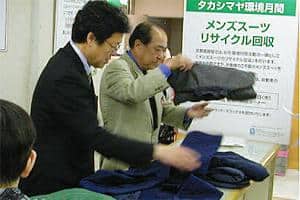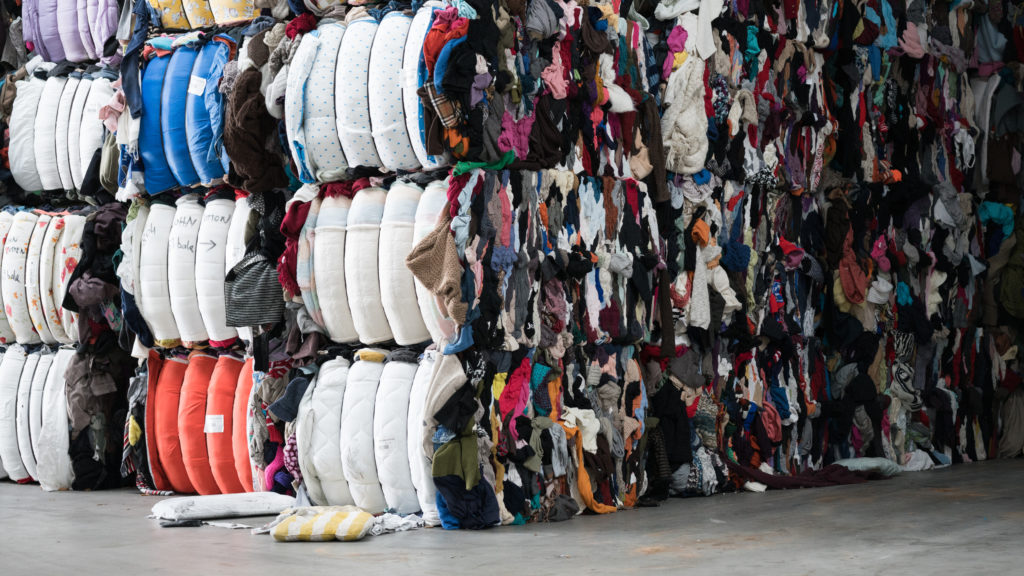But the honorary president of the textiles division Klaus Lower of Germany said that this could affect competition with smaller textile recycling operations elsewhere.
He said: “Financial aid for textiles recycling in France will not affect large companies, but it could affect competition between French companies and those outside of France.”
Despite this warning, the president of the UK's Textile Recycling Association Terry Ralph said the government was interested in “hearing more” about the scheme as a means of tackling textile waste in the UK.
The interest has stemmed from Defra targeting textiles as one of various target waste streams under a “clothing roadmap” laid out in its English Waste Strategy 2007 (see letsrecycle.com story) .
Mr Ralph said: “The government is taking notice of the importance of textile recycling operations. It has announced that the collection of textiles should become a priority issues and has realised that textiles is the UK's largest-growing household waste stream.”
Further evidence of increasing interest in tackling textiles through producer responsibility schemes emerged in the UK this week with the publication of a report by consultancy Oakdene Hollins Ltd entitled “Clothing take-back for recycling and reuse: A Japanese insight.”
The four page document provides a snapshot of three Japanese clothing take-back schemes, all voluntarily run by businesses; Takashimaya (a prestigious department store), Uniqlo (a leading high street value retailer) and Kurabo ( a corporate clothing manufacturer and supplier). These schemes enable the reuse and recycling of end-of-life clothing with routes for disposal ranging from charitable donations to thermal recycling.
It is hoped that it will stimulate conversation and actions in this area and drive demand for similar industry-led initiatives in the UK to help meet the growing demand for producer responsibility and improved environmental business performance.
Writing in the report, author Fiona Kelday said: “It is interesting to see that businesses are taking responsibility for their products at end of life and realising the business benefits of clothing take-back for reuse and recycling.”
Markets
At the BIR meeting in Poland, a section was also devoted to market reports for recovered textiles.
Despite the success of some textile collection schemes in Japan, Mr Lower reported that there had been a 20% reduction in used textile collections and stiff competition for originals in the USA where he said “nobody is earning money from sorting.” This was evidence of a continuing trend towards sorting operations being switched from developed to developing countries such as India and Pakistan, he claimed.
Meanwhile, an update on the Swiss market delivered by Mr Sigloch confirmed that demand for used clothing was running ahead of supply and that many companies in Europe had duly expanded their collection operations.
Guest speaker Ewa Metelska-Swiat from the Polish Textile Federation reported that companies in Poland were becoming “very active” in exporting to Asia, Africa and also further east in Europe itself. This substantial increase in domestic collections had led to a reduction in imports to Germany, she noted.
Ms Metelska-Swiat added that transitional arrangements over the shipment of waste agreed at the time of Poland's accession to the EU had inhibited the flow of certain recyclables into the country, but said the matter had been raised with the Polish government.











Subscribe for free